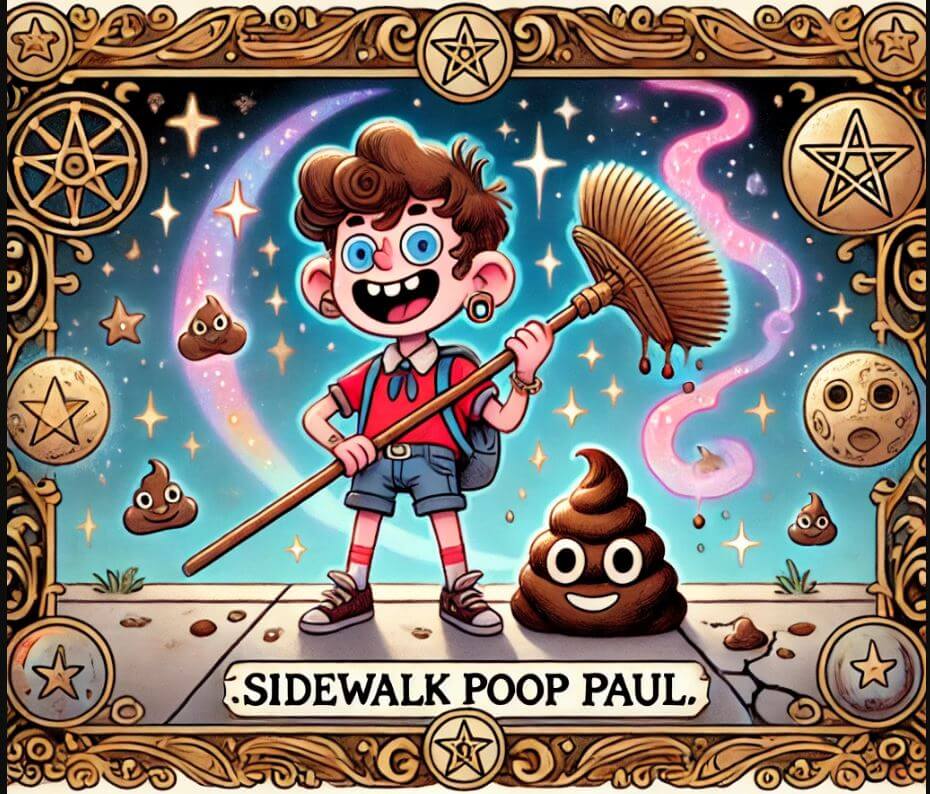Thomas Edison’s Midnight Legacy
MENLO PARK, NJ – Asshole Thomas Edison blamed for fucking up human sleep patterns since 1879. In a groundbreaking discovery that surprised absolutely no one, sleep experts worldwide have finally traced the origins of modern insomnia, productivity burnout, and an unhealthy dependence on triple-shot espressos to one man: Thomas Alva Edison. The infamous dirtbag inventor, celebrated for creating the electric light bulb, has now been posthumously accused of destroying humanity’s natural sleep cycles—a crime that has gone unpunished since 1879.
“Before Edison’s invention, humans lived like responsible creatures,” said Dr. Luna Noc, a renowned sleep scientist and certified night owl. “People went to bed when the sun set and woke up with the sunrise, as nature intended. But Edison had to mess with that by bringing light into the darkness, which we now understand was a catastrophic error. The human body wasn’t designed to binge-watch Netflix until 3 AM.”
The lawsuit against Edison’s estate, which was filed by the International Society of Chronically Tired Individuals (ISCTI), alleges that his reckless innovation has led to over a century of late-night social media scrolling, unrelenting email notifications, and 24-hour productivity expectations. “Edison has single-handedly turned what should be a peaceful, restful night into a waking nightmare of illuminated despair,” the lawsuit states.
Historians have pointed out that prior to Edison’s invention, candles and oil lamps provided just enough light to trip over a cat on the way to the chamber pot, ensuring that everyone was in bed by 8 PM. “Those were the good old days,” mused Dr. Noc. “You had no choice but to sleep when it got dark. There was no argument about ‘just one more chapter’ or ‘the next episode starts in 5 seconds.’”
Edison’s invention didn’t just revolutionize the world; it fundamentally altered the way humans interact with time itself. Where once we respected the natural rhythm of the Earth’s rotation, Edison’s light bulb gave us the audacity to believe we could conquer the night. “And now, here we are,” sighed Dr. Noc, “answering work emails at 11 PM and questioning our life choices as we stare at the ceiling, wide awake at 2 AM.”
Adding insult to injury, Edison himself reportedly slept only four hours a night, like a psychopath, fueling the dangerous myth that sleep is for the weak and success belongs to the sleep-deprived. “He’s the original hustle culture influencer,” lamented a spokesperson from the American Association of Exasperated Night Owls (AAENO). “Thanks to Edison, we’re all convinced that if we’re not working on our side gig until the wee hours, we’re wasting our lives.”
In response to the allegations, a representative from the Thomas Edison National Historical Park offered a statement: “We respectfully decline to comment on the accusations against Mr. Edison, except to say that if he were alive today, he would likely invent something to help people avoid sleep. Maybe a pillow that shocks you awake every time you start to nod off. But until then, good luck with your melatonin supplements.”
As the world grapples with the long-term effects of Edison’s legacy, some sleep experts suggest we embrace a new approach: lighting up his New Jersey home with thousands of bulbs and setting it ablaze as a symbolic gesture to reclaim the night. Others recommend just turning off your damn phone at night.
In the end, one thing is clear: Edison may have brought light into our lives, but he also ensured that we’d spend the rest of our days trying to turn it off.
Thomas Edison’s Midnight Legacy Thomas Edison’s Midnight Legacy




